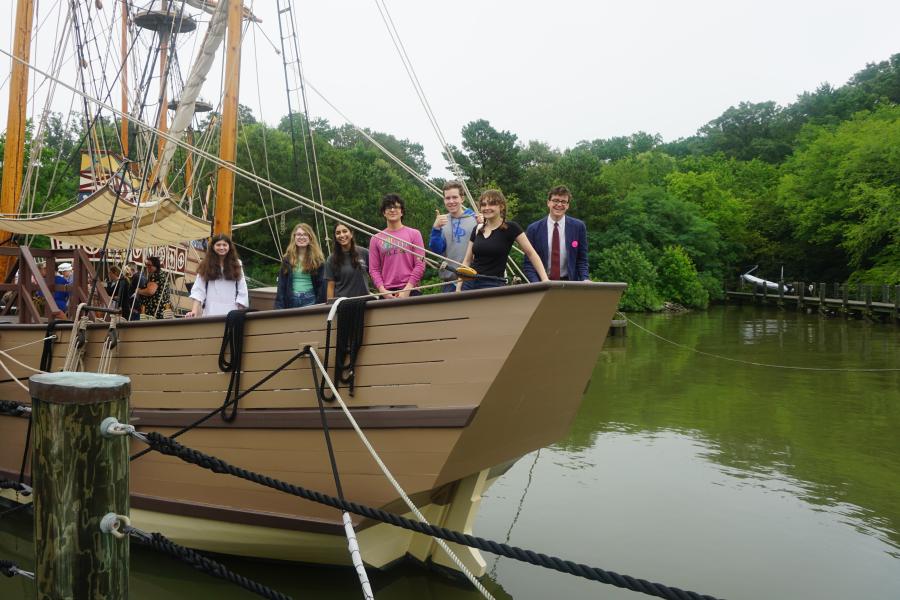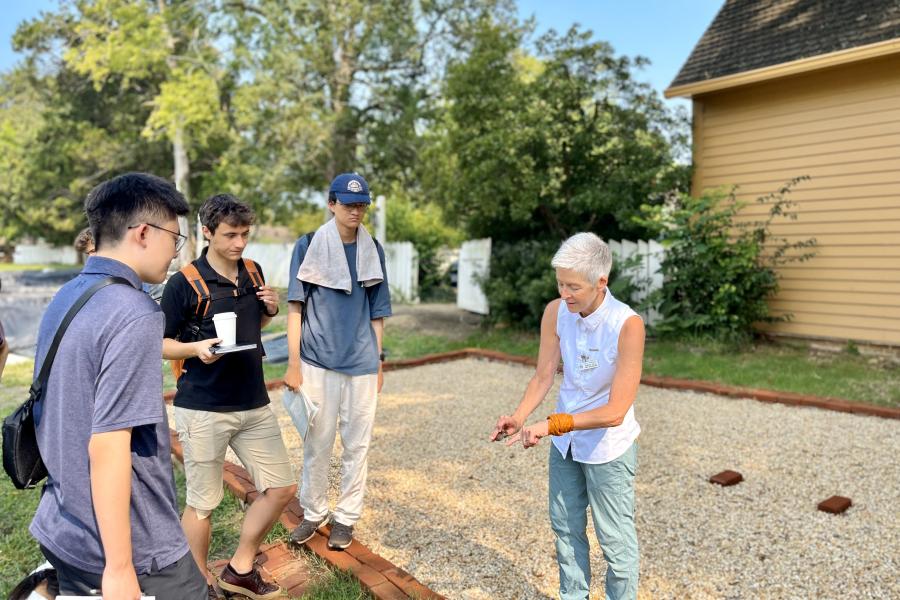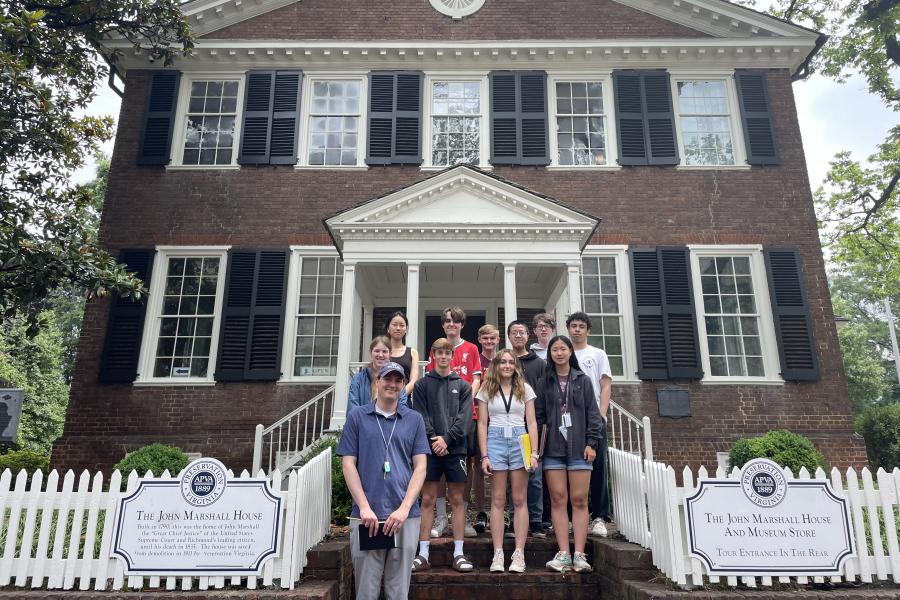The Road to the United States Civil War
Sessions 1 and 2, Summer 2026
History 218—The Road to the United States Civil War starts in Williamsburg where Virginia's leaders debated and then voted to declare independence from Great Britain and moves to Yorktown where the Continental Army, under the command of George Washington, defeated the British forces. After the 1783 Treaty of Paris formally ended the Revolutionary War. Virginia’s leaders turned their attention to implementing new systems of government for both their state and the new nation. Virginia’s capital city of Richmond was the place where these newly independent Americans wrestled with how to construct their society and government, who would (and would not) get to participate, and what nationhood and citizenship meant to different peoples. Debates and discussions in Richmond included the future of slavery, the relationship with sovereign Native American nations, and the role of women in this new society.
The choices they made—or which were made for them—shaped the social, political, and physical landscapes of Virginia. Ideas about race, gender, freedom, and class were intertwined and, by the middle of the nineteenth century, helped to define a way of life and an economy that differed from that in northern states. Virginia's economy—including agricultural production in rural areas and industrial production in Richmond—remained dependent on the labor of enslaved men, women, and children. Regional differences became sectional cracks that burst open in the bloody conflict of the Civil War. What led to this deadly reckoning that engulfed the country? How do memories, legacies, and myths about the Civil War, Reconstruction, and the “Lost Cause” continue to impact Richmond, Virginia, and the United States?
Course Objectives
By the end of this course, you will be able to:
- Use historical thinking to analyze, evaluate, and interpret primary and secondary sources.
- Use evidence-based reasoning and diverse historical sources (written records, material objects, archaeological artifacts, buildings, and landscapes) to interpret the past coherently, develop an argument, and present an argument both in discussions and in written assignments.
- Describe the formation of the government of the United States and the social impact of politics in the Early National period and the role of Virginians in the establishment of the federal government.
- Explain the economic, social, and political differences between various regions and factions in the United States in the first half of the nineteenth century and how these divisions contributed to the outbreak of the Civil War.
- Evaluate the experiences and legacies of the Civil War for different peoples in Virginia and ways in which Americans remember the Civil War in the twenty-first century.
 |
 |
 |
 Skip to main content
Skip to main content
